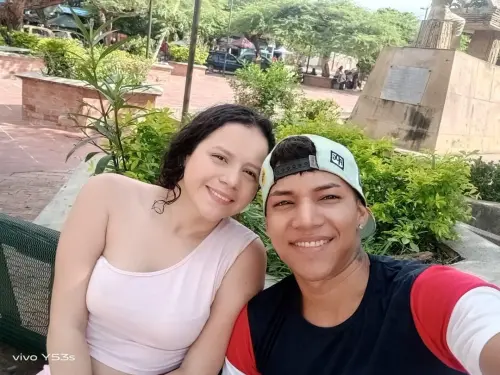Family members of Venezuelan migrants suspect their loved ones were deported to El Salvador in a recent U.S. operation but are facing challenges in obtaining information amidst an ongoing legal dispute.
Advocates have set up resources for locating family members, while immigration attorneys are working to find their clients who have lost contact.
President Donald Trump authorized the swift deportation of alleged members of the Venezuelan gang Tren de Aragua, resulting in 137 deportations to El Salvador on Saturday despite legal objections.
The lack of details about the deported individuals has led to confusion among families and advocates.
Anilú Chadwick, from the advocacy group Together & Free, commented, "This chaos is purposeful. They want to exhaust people and exhaust resources."
The U.S. Department of Homeland Security did not immediately respond to requests for comments.
Solanyer Sarabia believes her brother Anyelo, was among those deported to El Salvador. Anyelo was detained after crossing the U.S.-Mexico border illegally and had a pending asylum claim. Despite having a tattoo possibly linking him to a gang, his family insists he is not a member.
Lindsay Toczylowski of the Immigrant Defenders Law Center voiced concern about the lack of information surrounding the deported individuals and their legal representation.
El Salvador's President, known for his tough stance on gangs, has been criticized for alleged human rights abuses in prisons.
Johanny Sanchez is unsure of her husband Franco Caraballo's whereabouts after he was allegedly deported to El Salvador. Sanchez discovered his absence through an online immigration system and suspects he was included in the deportations.
U.S. law enforcement asserts that all those deported were identified as gang members, yet concerns remain about potential errors in the deportation process.
